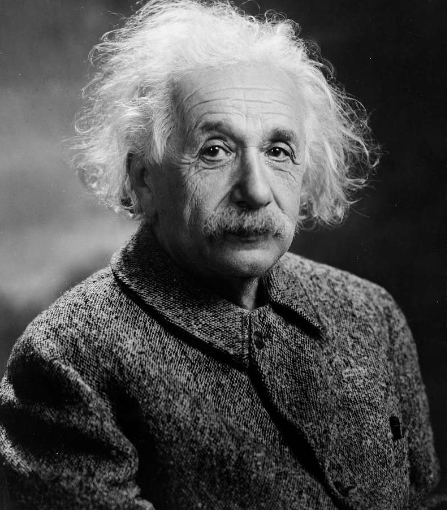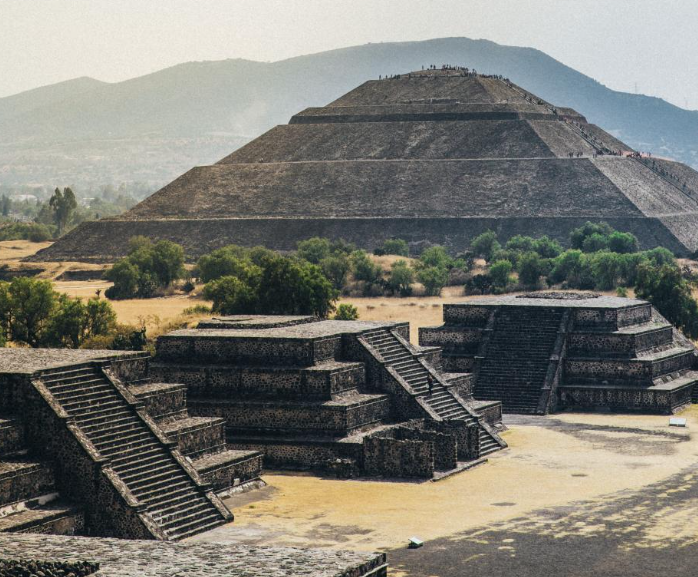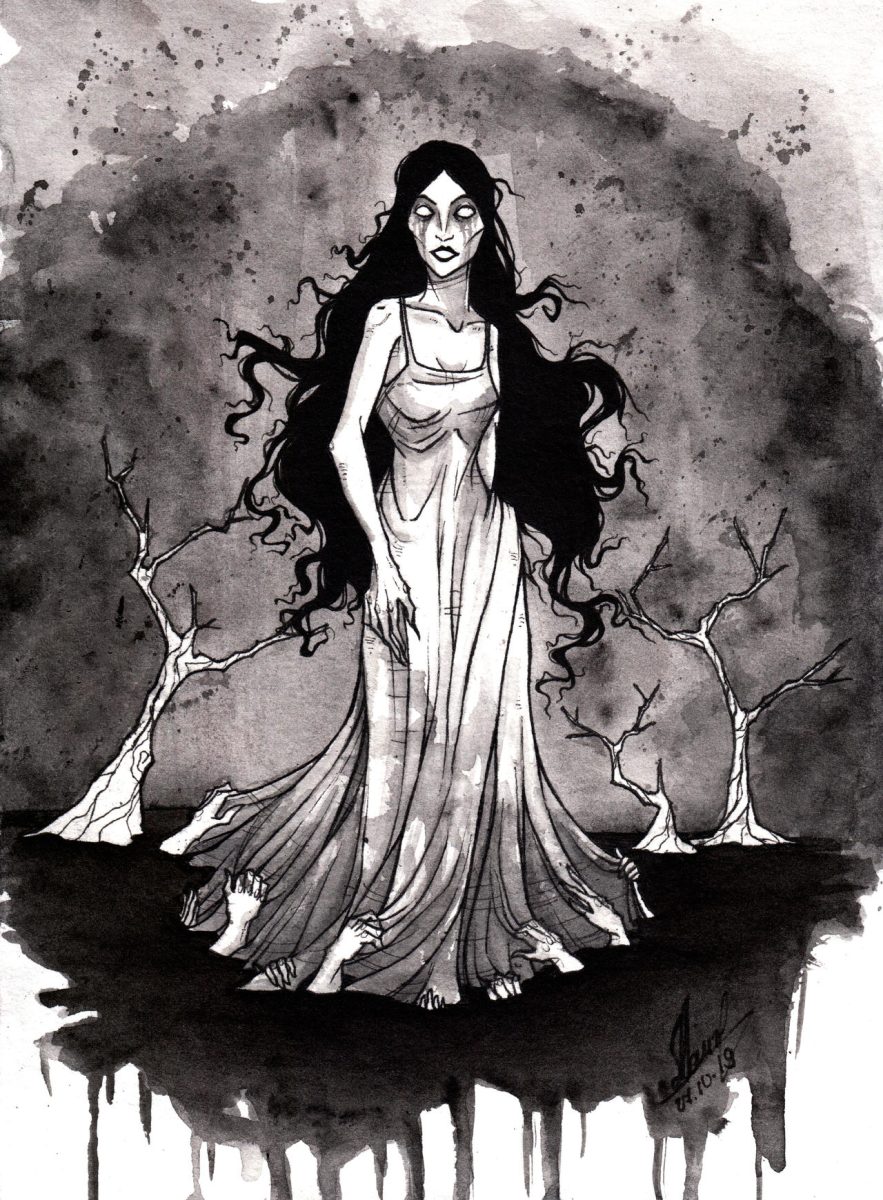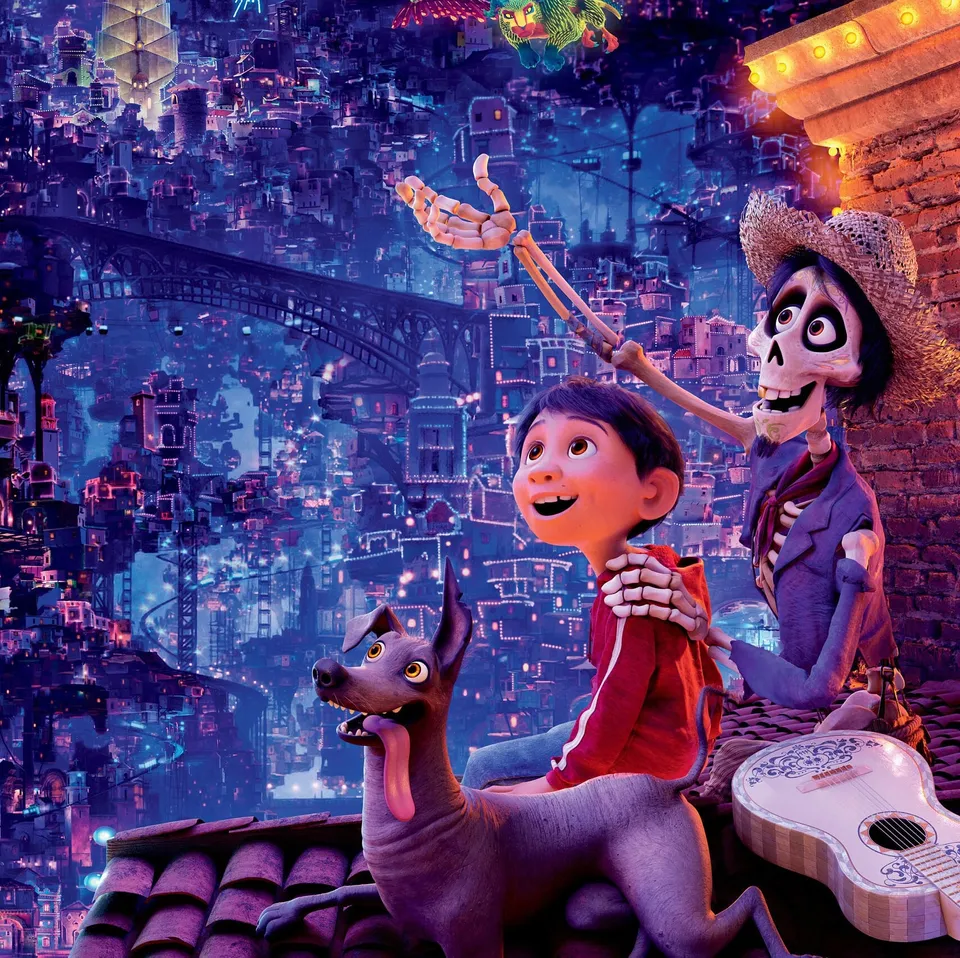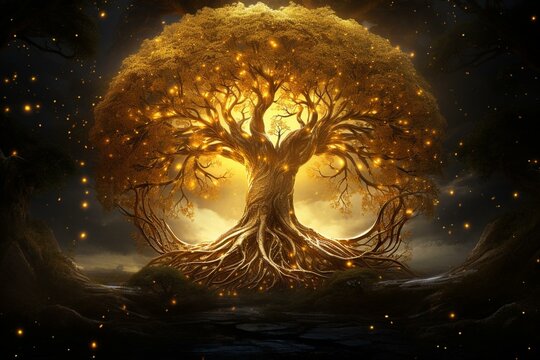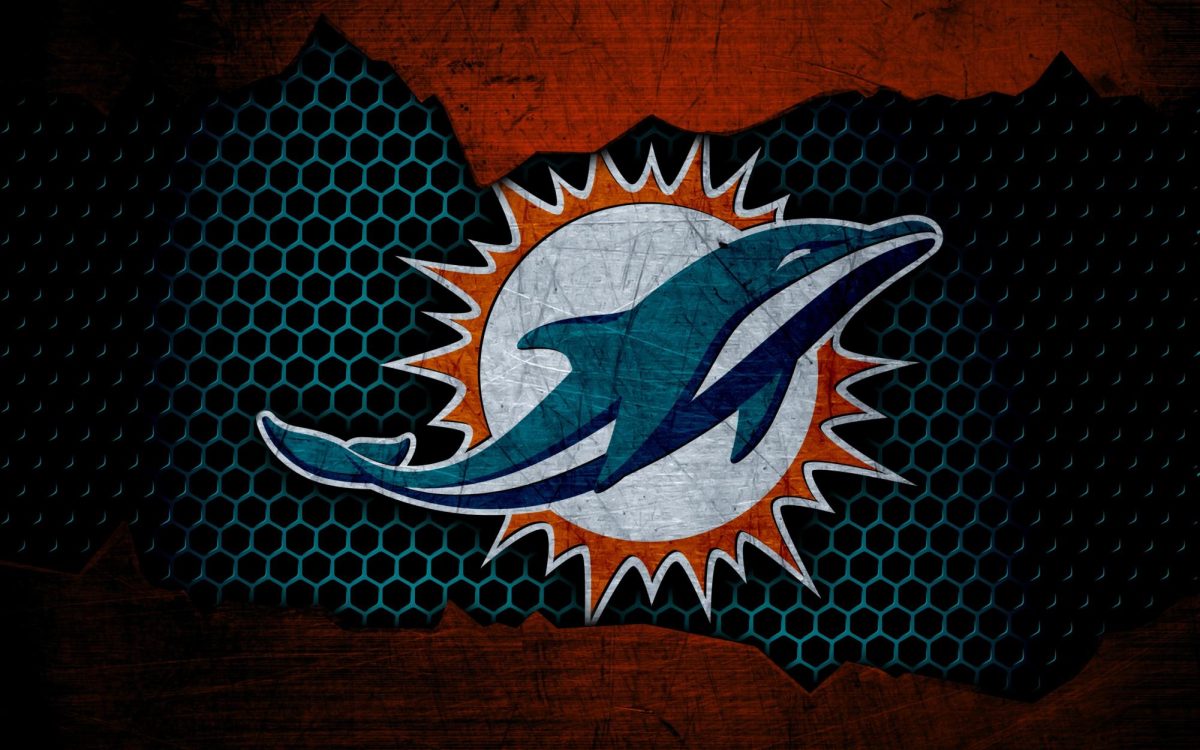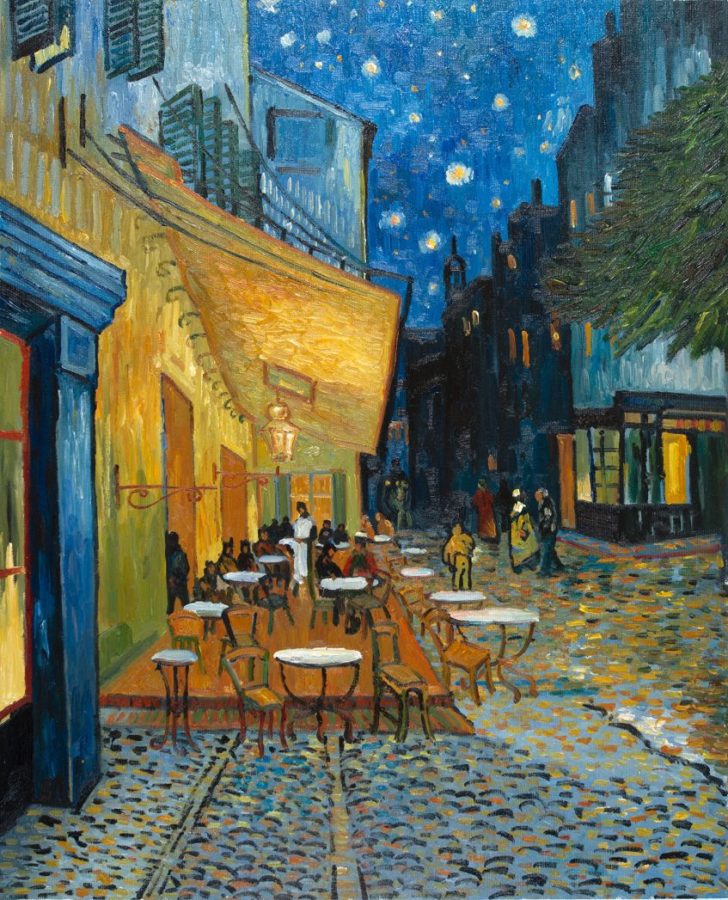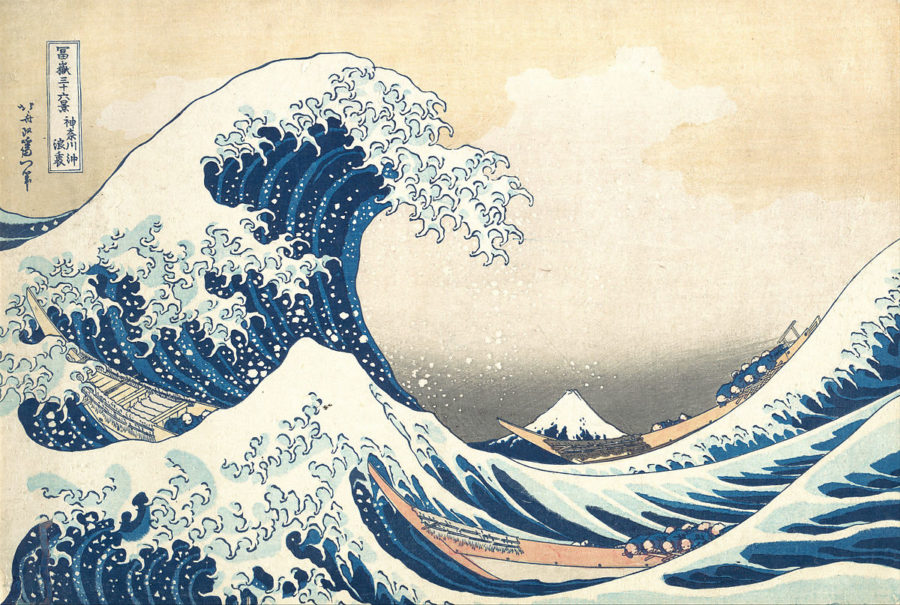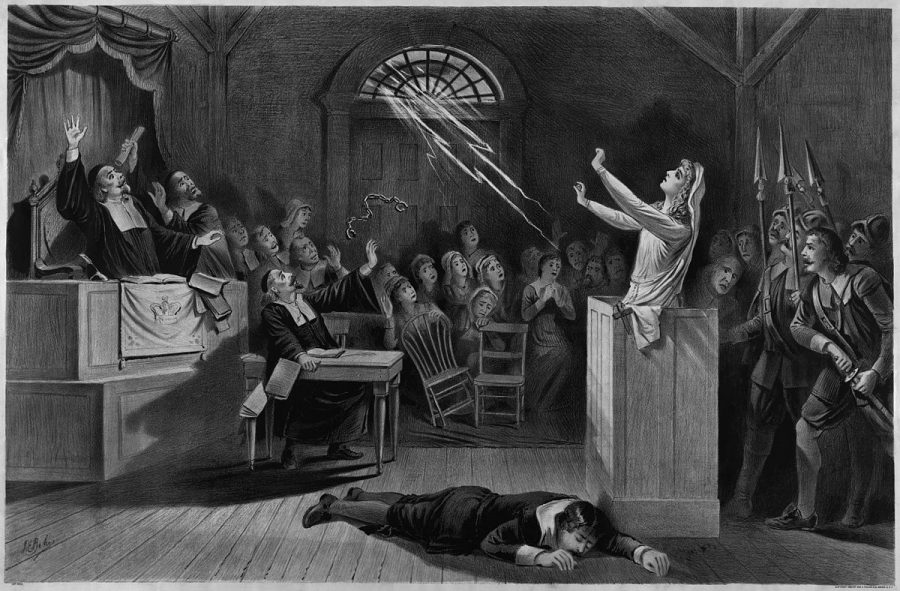The World Series stands as the pinnacle of Major League Baseball (MLB), an iconic tradition that has defined the sport for over a century. Every fall, teams from the American League and the National League compete in a best-of-seven series to determine the MLB champion. Over the years, the World Series has grown to symbolize more than just baseball — it represents a rich history, countless unforgettable moments, and the very essence of America’s pastime.
Early Beginnings
The roots of the World Series date back to 1903, when the Boston Americans (now the Red Sox) and the Pittsburgh Pirates faced off in the first-ever championship series. The concept of a postseason matchup between the two best teams emerged after the American League and National League agreed to a truce, putting an end to the bitter competition between the leagues. Before this, baseball was played without a formal playoff system, and the league champions from each circuit were determined based on their regular-season records.
In that inaugural World Series, the Boston Americans defeated the Pittsburgh Pirates in eight games (the series was initially played to a best-of-nine), winning five games to three. This victory marked the start of a new tradition, although the early years were defined by inconsistency in terms of the Series’ format, with occasional disruptions due to labor disputes and world events like World War I.
The Expansion and Growth of the World Series
The World Series grew in importance throughout the early decades of the 20th century, and with the expansion of the American League and National League, new teams began to challenge for the championship. Iconic teams such as the New York Yankees, the Chicago Cubs, and the St. Louis Cardinals became mainstays in the Series, and the Yankees in particular dominated the 1920s and 1930s, thanks to legendary players like Babe Ruth, Lou Gehrig, and Joe DiMaggio.
By the mid-20th century, the World Series had become a major cultural event, drawing huge crowds and widespread media attention. In 1947, the World Series was broadcast on television for the first time, further solidifying its place in American culture. The Yankees continued their dominance in the 1950s and 1960s, winning five titles, while teams like the Brooklyn Dodgers and Cleveland Indians also experienced brief bursts of success.
The Modern Era
The latter half of the 20th century saw the rise of more competitive balance, with teams such as the Oakland Athletics, Detroit Tigers, and Cincinnati Reds claiming championships in the 1970s and 1980s. The New York Mets’ improbable victory in 1969, often referred to as the “Miracle Mets,” is one of the most beloved upsets in World Series history.
In the 1990s and 2000s, the Atlanta Braves, New York Yankees, and St. Louis Cardinals continued to make regular appearances in the World Series. The Yankees, in particular, had a remarkable stretch in the late 1990s and early 2000s, winning four championships in five years. Meanwhile, teams like the Florida Marlins (now the Miami Marlins) and Arizona Diamondbacks emerged as champions in unexpected years, bringing an element of surprise to the Series.
Memorable Moments and Iconic Games
The World Series has been the stage for some of the most memorable moments in sports history. From Babe Ruth’s “called shot” in 1932 to Bill Mazeroski’s walk-off home run in 1960 to Kirk Gibson’s dramatic pinch-hit homer in 1988, the Series has seen its fair share of electrifying performances. The Boston Red Sox’s comeback in the 2004 World Series, when they broke an 86-year championship drought, became one of the most historic narratives in baseball.
In recent years, the Chicago Cubs broke their 108-year curse by winning the 2016 World Series in a thrilling seven-game series against the Cleveland Indians. The 2017 and 2018 World Series also featured memorable moments, such as the Houston Astros’ dramatic victory in 2017, and the Boston Red Sox’s dominant sweep of the Dodgers in 2018.
The World Series Today
Today, the World Series remains as popular and significant as ever. It is the culmination of the MLB season, drawing millions of viewers worldwide and continuing to be a major part of American sports culture. With the changing landscape of baseball, including new teams emerging and the global reach of the sport, the World Series continues to evolve, but its essence — a battle between the best teams in the league — remains unchanged.
From its humble beginnings in 1903 to its status as one of the most-watched annual sporting events, the history of the World Series reflects the growth of baseball itself. It is a celebration of athleticism, history, and, most importantly, the enduring legacy of the sport that has captivated generations of fans.

















